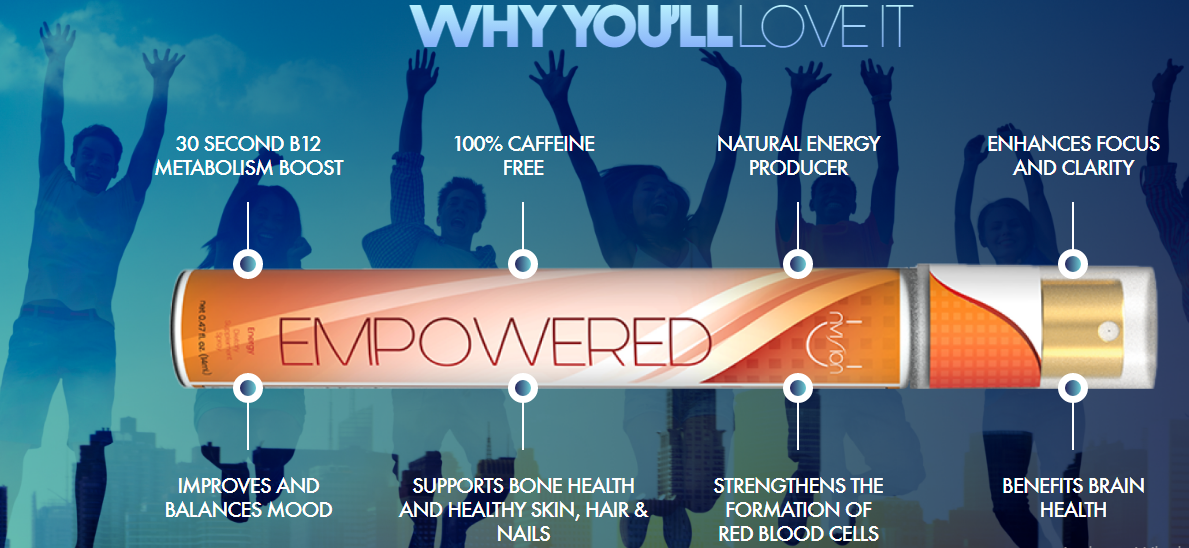The Benefit of Vitamin b12
Introduction
Vitamin B12, also known as cobalamin, is a water-soluble nutrient that plays a vital role in many of the body’s functions.
It is essential for the proper formation of red blood cells, the proper functioning of the nervous system, and the production of DNA. The human body is unable to produce vitamin B12 on its own, so it must be obtained through dietary sources.
Sources of vitamin B12
Good sources of vitamin B12 include meat, fish, and dairy products. Vegetarians and vegans are at risk of developing a vitamin B12 deficiency, as the vitamin is primarily found in animal-based foods. Fortified breakfast cereals and nutritional yeast are some vegetarian sources of B12. Vitamin B12 deficiency can lead to a variety of health problems, including anemia, fatigue, nerve damage, and cognitive decline.
It can also increase the risk of certain types of cancer. This is why it is essential for vegetarians and vegans to make sure they are getting enough vitamin B12 through dietary supplements or fortified foods. Vitamin B12 plays a crucial role in maintaining a healthy nervous system.

It helps to produce myelin, a fatty substance that surrounds and protects nerve fibers, thus allowing the brain and the spinal cord to function properly. This is why a deficiency in B12 can lead to neurological problems such as confusion, memory loss, and even depression.
In addition to its role in maintaining a healthy nervous system, vitamin B12 also plays a role in the production of DNA, the genetic material that controls the growth and reproduction of cells. B12 is involved in the metabolism of every cell of the body, in the synthesis of red blood cells, and in the production of the myelin sheath that surrounds and protects nerve fibers.
Vitamin B12 is generally safe to consume, even in large doses. However, some individuals may experience side effects, such as allergic reactions or headaches. People with certain medical conditions, such as Leber’s disease, pernicious anemia, and certain types of gastrointestinal disorders, may have difficulty absorbing vitamin B12 and may need to take a supplement. In conclusion, vitamin B12 is an essential nutrient that plays a vital role in many of the body’s functions.
shop Now
It is important to make sure you are getting enough vitamin B12 through dietary sources or supplements, particularly for vegetarians and vegans. Its deficiency can lead to a variety of health problems, including anemia, fatigue, nerve damage, and cognitive decline.
Vitamin B12 deficiency
Vitamin B12 deficiency can lead to a variety of health problems. The most common symptoms of deficiency include fatigue, weakness, constipation, loss of appetite, and weight loss. In addition, vitamin B12 deficiency can also lead to more serious conditions such as anemia: Vitamin B12 is needed for the production of red blood cells. Without enough vitamin B12, the body can’t produce enough red blood cells, leading to anemia. Symptoms of anemia include fatigue, weakness, and pale skin. Nerve damage: Vitamin B12 is essential for maintaining the health of the nervous system. Deficiency can lead to damage to the nerves in the hands and feet, causing tingling, numbness, and a loss of balance. Cognitive decline: Studies have shown that low levels of vitamin B12 can lead to cognitive decline, particularly in older adults. Symptoms include memory loss, confusion, and difficulty concentrating. Birth defects: Pregnant women who have a deficiency in vitamin B12 may be at a higher risk of giving birth to a baby with neural tube defects. Cardiovascular disease: Vitamin B12 plays a role in the metabolism of homocysteine, an amino acid that at high levels can increase the risk of heart disease.

Shop Now

